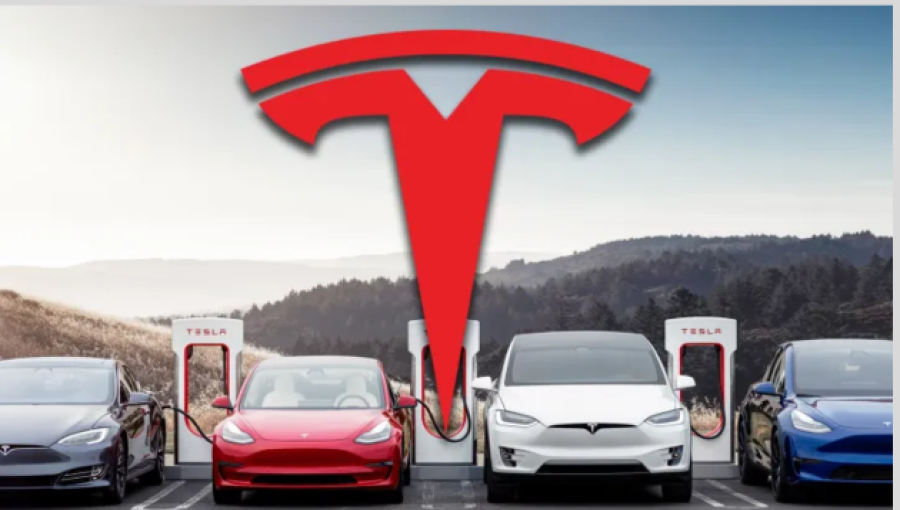Tesla's quarterly profits took a significant hit amid fierce competition in the electric vehicle market, but shares surged after CEO Elon Musk announced plans to accelerate the launch of more affordable EV models.
Tesla reported a substantial 55% decline in quarterly profits compared to the previous year, with revenues down 9%. The company attributed these results to heightened competition in the electric vehicle market, which has put pressure on EV sales.
Despite falling short of analyst estimates, Tesla's shares experienced a remarkable 11% surge in after-hours trading following Elon Musk's commitment to expediting the launch of more affordable EV models, a move eagerly awaited by Wall Street analysts.
In response to market challenges, Tesla announced significant cost-cutting measures, including a workforce reduction of over 10%, which is expected to save the company more than $1 billion annually. Additionally, Tesla plans to accelerate the launch of new vehicle models, focusing on more affordable options.
Elon Musk revealed that production of these new models will commence as early as late 2024 or early 2025, ahead of the previously projected timeframe of the latter half of 2025. The new vehicles will integrate aspects of both the next-generation and current platforms.
Musk emphasized Tesla's commitment to autonomous driving technology, asserting that valuing Tesla solely as a car company is inadequate. Despite skepticism from analysts, Tesla remains dedicated to developing a "purpose-built robotaxi product," with plans to unveil more details in August.
While Tesla's announcements buoyed investor confidence, concerns remain about the timelines for new vehicle launches and the feasibility of the robotaxi initiative. Analysts caution that technological, regulatory, and operational challenges could delay fleet deployment for autonomous services.
As Elon Musk's leadership in the EV sector faces increased competition and price pressures, Tesla continues to navigate a challenging landscape, marked by recent job cuts and vehicle recalls. The company's strategic shift towards affordability and autonomy reflects a pivotal moment in its evolution amidst a dynamic market environment.































Comment: